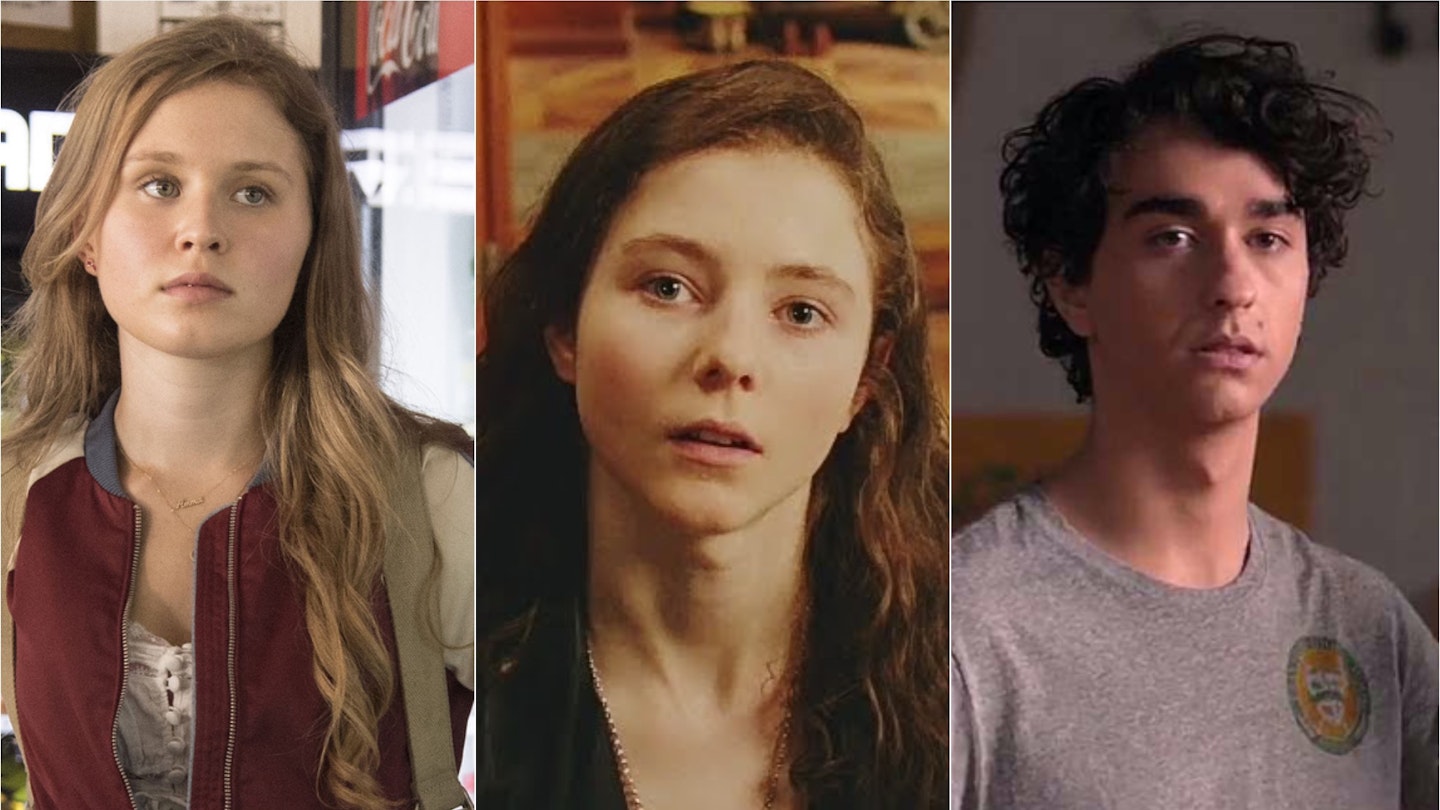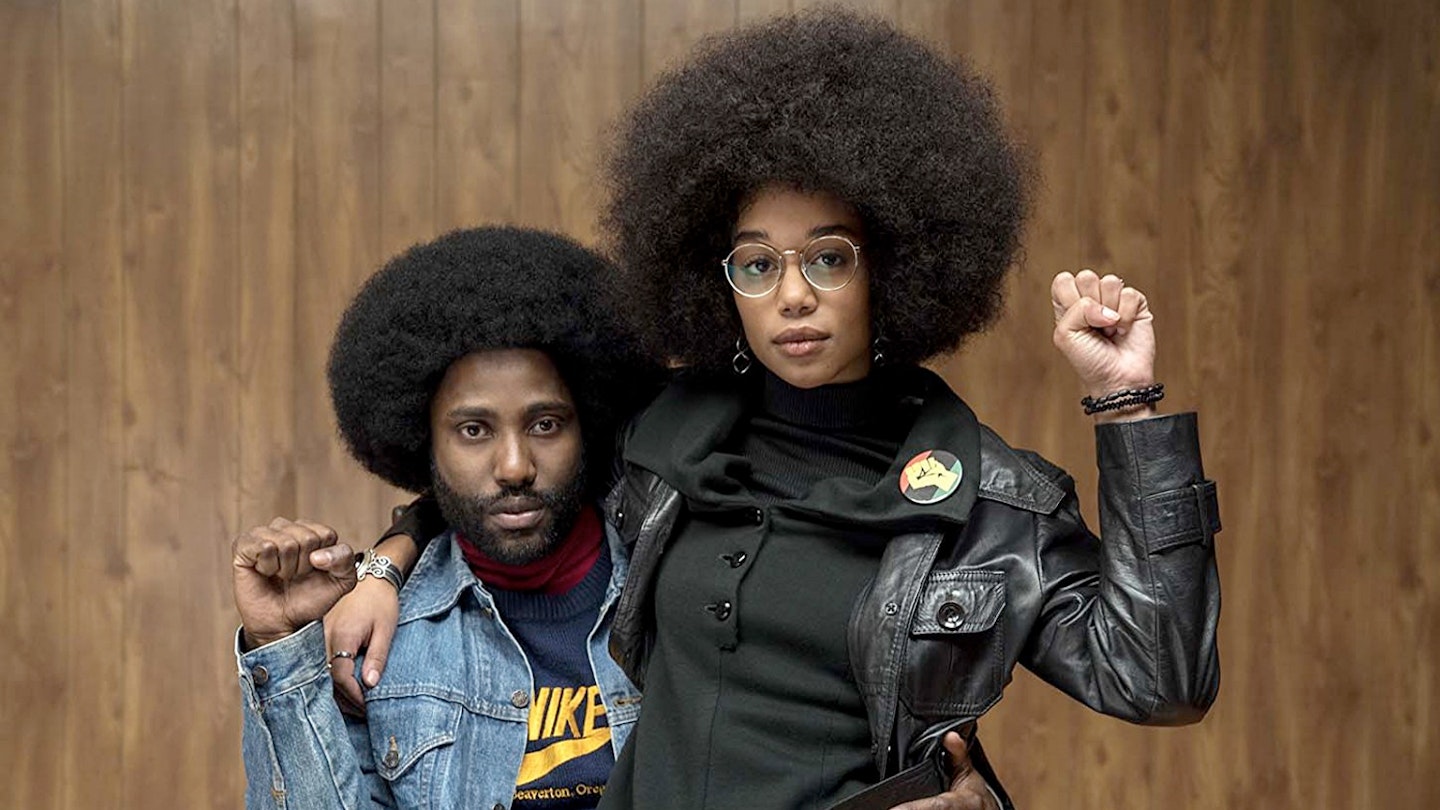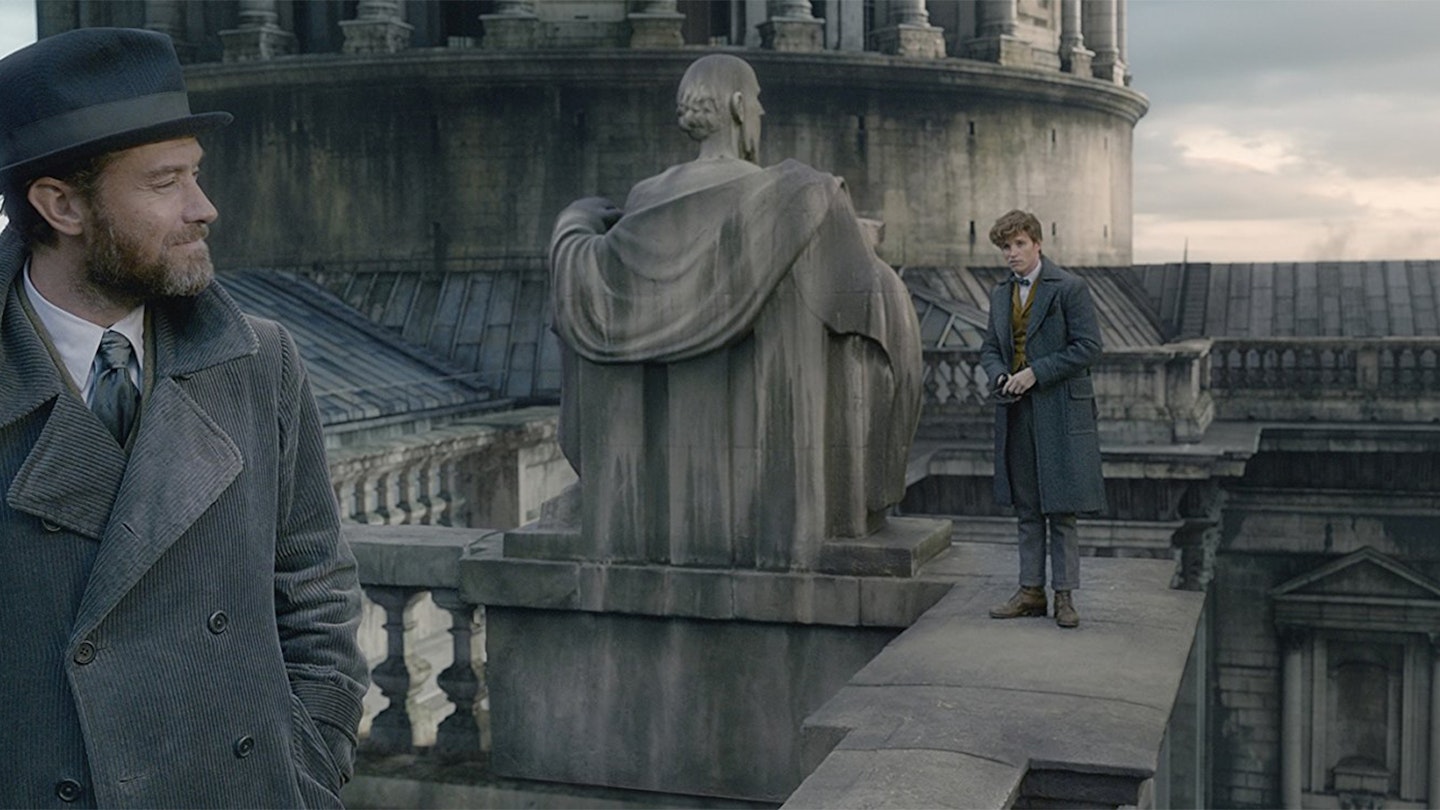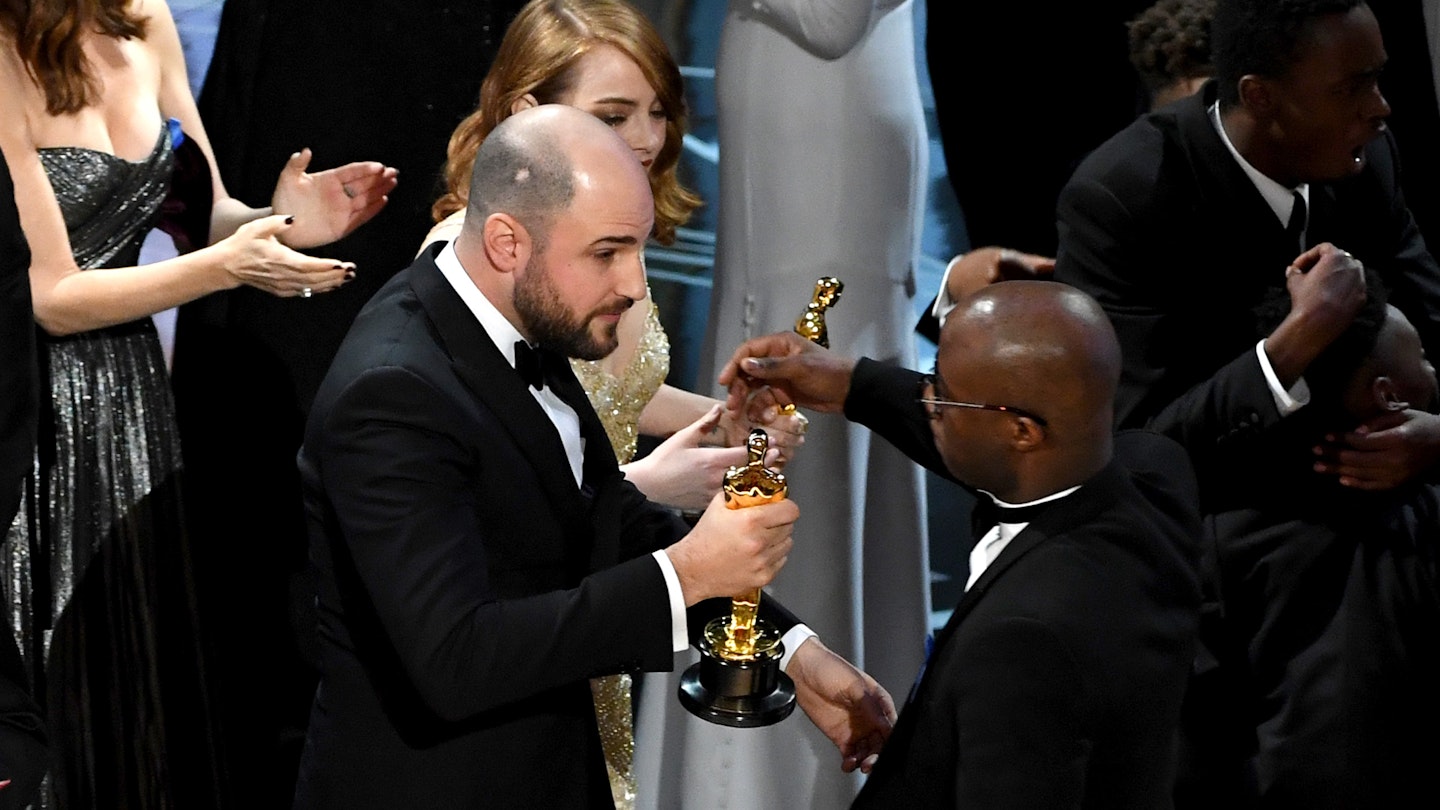Throughout his career, Paul Thomas Anderson has been consistently fascinated by unconventional family units. We had Boogie Nights’ motley clan of porn-biz misfits, Magnolia’s multi-stranded unravelling of blood-ties, There Will Be Blood’s monstrous father figure who isn’t even a real father, and The Master’s creepy Hubbard-ish cult. So once again we find him on that familiar ground — albeit for the first time on our side of the Atlantic, beneath the smudgy skies of a prim, well-heeled ’50s London rather than the big, bright blue of California.
Given the presence of the semi-mythical Method maestro Daniel Day-Lewis (who of course couldn’t play the role until he’d at least learned to sew a hundred buttons), you might expect Phantom Thread to feel closest to There Will Be Blood. But while Reynolds Woodcock is no less intricately observed and realised than Blood’s Daniel Plainview, he’s far from the fearsome, brutal, roaring patriarch. He’s more of a spoiled-son type: a soft-spoken, petulant man-child, pining for his long-dead mother, mothered by his seemingly starchy sister (Mike Leigh regular Lesley Manville, who brings careful warmth to a role that might otherwise have been an ice-queen caricature), and courting younger women in the belief that they’ll be as pliant as the fabrics he tugs and cuts into such fabulous gowns. “You have no breasts,” he observes of his newest muse Alma (Luxembourgian actor Vicky Krieps). “No, no, you’re perfect. My job is to give you some. If I choose to.”
Phantom Thread becomes more Krieps' film than Day-Lewis’, and not because she’s a show-stealer.
This would most obviously set Phantom Thread to be yet another cinematic study in female exploitation and abuse, with Alma consumed and spat out by this dark-hearted older man of power. But instead Anderson’s more interested in the warp and weft of a relationship between someone who appears that way, and a woman who is much stronger than he at first thinks.
Krieps is a real find: a virtual unknown (thereby giving Alma maximum ingénue-ity) who can hold her own opposite a titan like Day-Lewis in a movie which, for the most part, is an intense, chamber-piece two-hander. Day-Lewis’ prominence on awards-season nominee lists is unsurprising; but it feels unjust that Krieps hasn’t received more recognition. Phantom Thread becomes more her film than Day-Lewis’, and that’s not because she’s a show-stealer. Without giving too much away, the narrative ultimately becomes a slow transition of emotional power.
Throughout, Krieps treats Alma’s on-screen evolution less as a metamorphosis than a deftly gradual unveiling. There is rich, black comedy in her tiffs with Reynolds, for example, with one occurring during the best asparagus-related scene since American Beauty, as a surprise dinner for the weary, fussy designer is treated as “an ambush”.
There also develops, fascinatingly, a perverse, gothic tinge to her increasingly manipulative acts of affection. “I have to love him in my own way,” Alma insists to Cyril. Reynolds’ life up to this point has been contained, controlled and — as the crisp, white uniforms of his numerous seamstresses suggest — sterile. Alma wants to bring the full, messy bloom of nature into his world.
In certain respects, the movie bears a relation to last year’s My Cousin Rachel, though it’s not quite so robustly stylised as Roger Michell’s film. Besides, Anderson says he was influenced by another Daphne du Maurier work, Rebecca (or at least Hitchcock’s adaptation of it). So, for all its messed-up-family familiarity, it does feel like a major change for the director, into a fresh setting and genre that suit him well.







